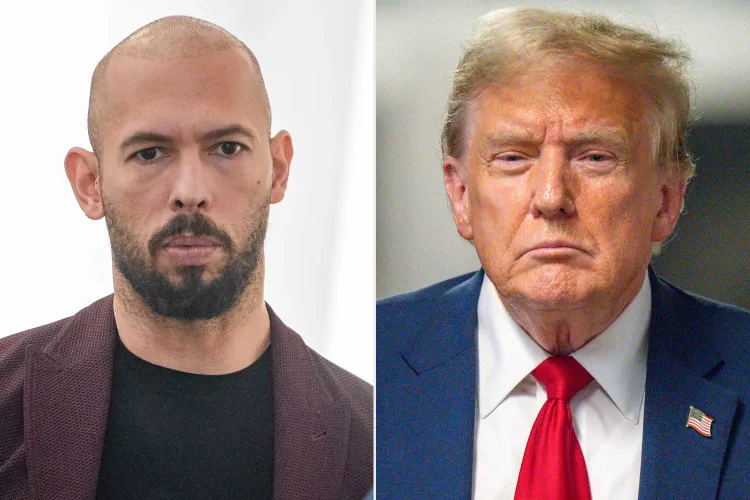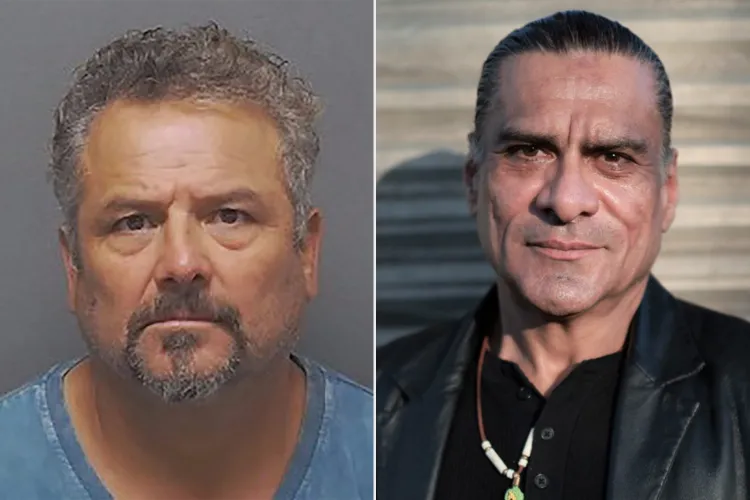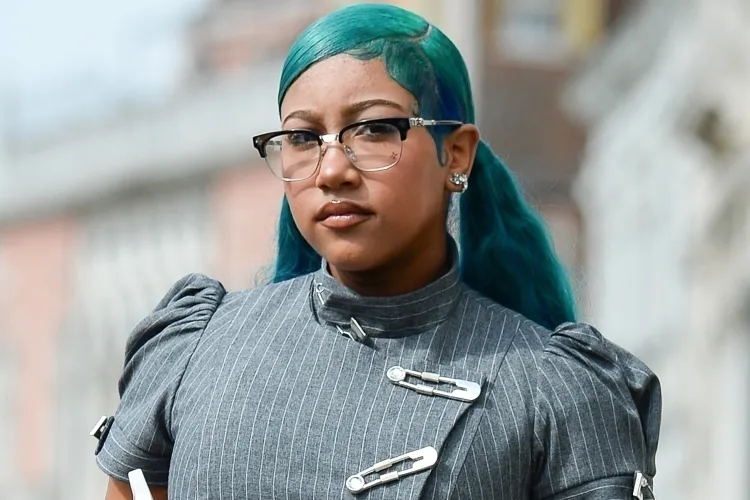Exclusive Report: White House Liaison Pressed DHS to Return Andrew Tate’s Devices Amid Sex-Trafficking Probe
A new investigative report has ignited a political firestorm in Washington, one that now places the White House at the center of a heated debate over influence, accountability and the delicate boundary between government authority and personal connections. According to extensive reporting published by ProPublica, a member of President Donald Trump’s administration intervened in the federal handling of Andrew Tate and his brother Tristan Tate, two of the most controversial online figures in recent memory and both men facing serious sex-trafficking allegations abroad. The findings, built through documents, digital communications and interviews with multiple federal personnel, raise urgent questions about why a senior White House liaison pressed law-enforcement officials to return devices seized from the Tates — and whether that request signaled political interference in an ongoing international investigation.
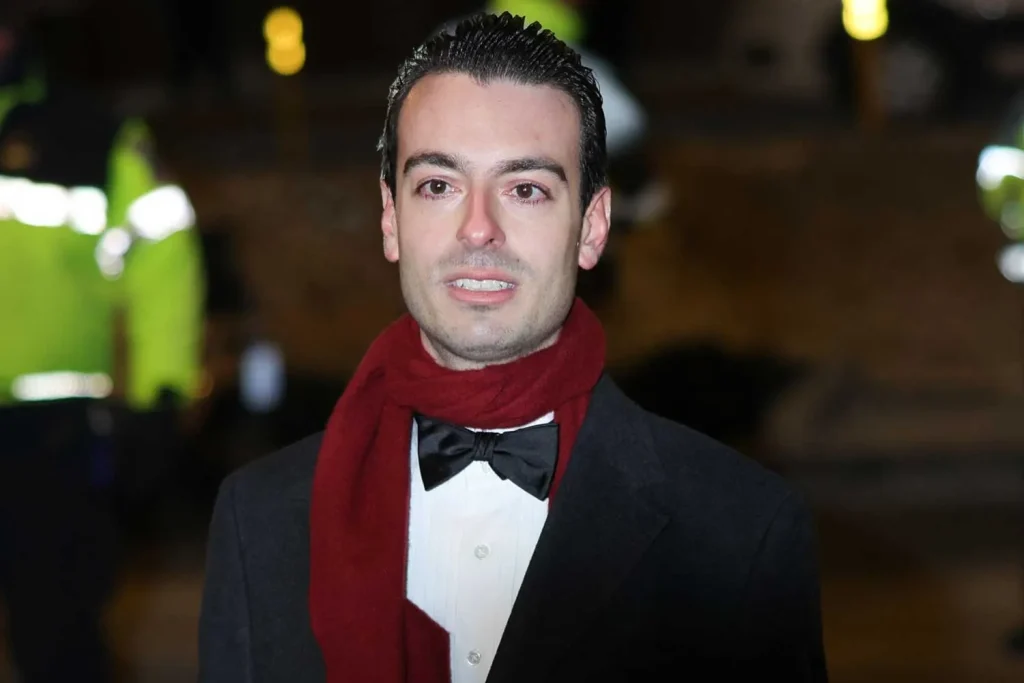
The Tate brothers, known globally for their massive online following, were detained briefly upon arrival in Florida in early 2025. They were coming from Romania, where prosecutors had already filed human-trafficking and rape charges against them. Those cases remain active, and authorities in the United Kingdom have filed their own charges as well. Given the severity of the allegations and the cross-border nature of the cases, U.S. Customs and Border Protection officers seized electronic devices from the brothers as part of standard procedure. The devices, which can contain communications, financial trails and location records, often form a critical backbone in investigations tied to allegations as serious as human trafficking.
Normally, the seizure of electronics at the border occurs quietly, with little public drama. What ProPublica discovered, however, was anything but ordinary. Just days after the devices were taken, a senior White House official named Paul Ingrassia — who once served as the Tate brothers’ attorney — contacted officials at the Department of Homeland Security with a request that stunned federal agents. Ingrassia, acting in his official capacity as a White House liaison, demanded that the seized devices be returned immediately, telling DHS personnel that the seizure was “not a good use of time or resources” and suggesting that agents should redirect their attention elsewhere.
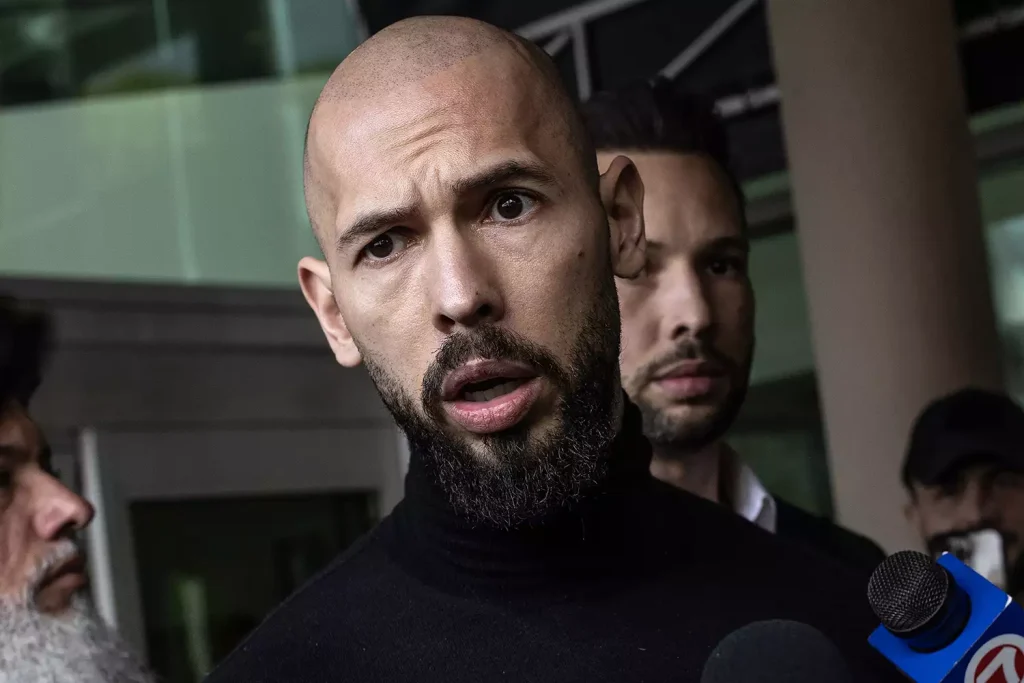
ProPublica confirmed these details through interviews and digital messages reviewed from multiple officials. They describe the communication as abrupt, inappropriate and deeply concerning. According to one DHS source, the request carried undertones of authority that federal agents rarely, if ever, receive from political appointees. One veteran official told the outlet, “In 30 years, I’ve never seen anything like it. The White House does not get involved in who we can or cannot search at the border.” Another official described the moment as “offensive to the mission” of federal law enforcement.
At the time of the intervention, Ingrassia held a position meant to bridge communication between the White House and DHS. The role exists to streamline interagency cooperation on national-security matters, immigration strategy and federal operations. It is not a role designed to advocate for private individuals, especially those entangled in serious criminal cases overseas. And yet, ProPublica found that Ingrassia referenced “the White House” when pushing for the return of the brothers’ devices — an assertion that some in DHS interpreted as an attempt to signal political pressure rather than a routine inquiry.
The Tates’ legal entanglements have made headlines around the world, and their vast social-media presence has amplified every twist in their unfolding cases. Andrew Tate, in particular, has positioned himself publicly as a victim of government targeting, insisting that allegations against him are fabricated. Romanian prosecutors, however, allege that the brothers operated an online exploitation ring that coerced women into working for them through manipulation and intimidation. In the United Kingdom, Tate faces additional charges of trafficking and assault. Both brothers continue to deny all allegations.
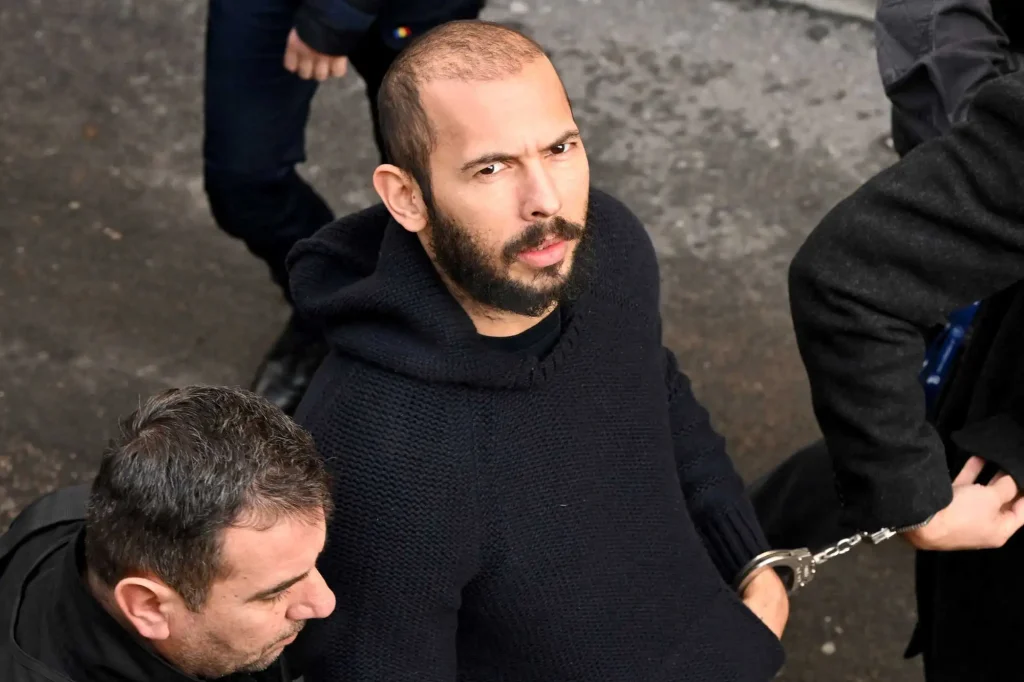
The report notes that it remains unclear whether the intervention had any ultimate effect. There is no public evidence that the devices were returned, nor any disclosure on what federal investigators may have found in the seized data. Officials declined to specify whether analysis of the devices proceeded unaffected or whether the communication altered timelines or procedures. Still, the very act of intervention — particularly from someone who had previously represented the Tates — poses ethical concerns that legal experts say are impossible to ignore.
Ingrassia, when contacted by ProPublica, denied the accusations outright. “There was no intervention. Nothing happened,” he said. Attorneys for the Tates also dismissed the report, calling it overblown, though they acknowledged the devices were never returned and that the government offered no transparency on why they remained withheld. Despite those denials, ProPublica cited screenshots, internal messages and multiple first-hand accounts that ultimately contradicted Ingrassia’s assertions.
The episode has drawn attention to a complicated intersection of personal loyalty, political appointment and past behavior. Ingrassia’s name surfaced previously in media reports after private messages emerged in which he described having a “Nazi streak” — comments he later downplayed. Critics argue that his prior personal ties to the Tates make his contact with DHS not only questionable but potentially a breach of ethical standards governing political appointees. Supporters insist the situation is being distorted for political purposes. The truth is likely to emerge only through deeper scrutiny.
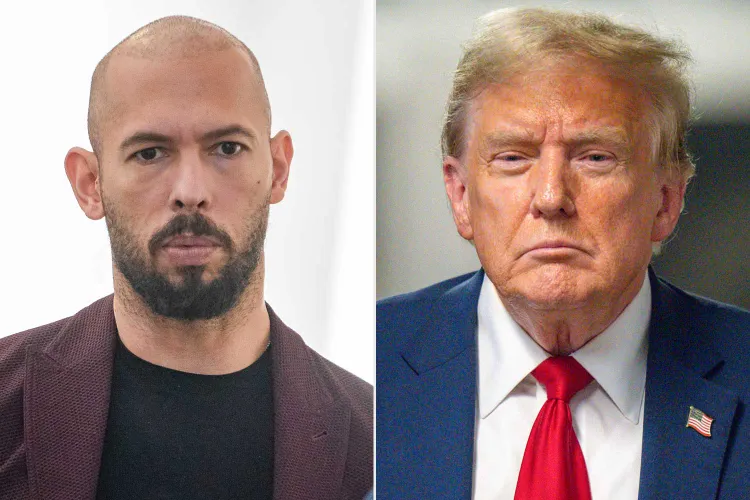
The Tates’ relationship with Donald Trump has also become part of the conversation. Andrew Tate has praised Trump repeatedly on social media, celebrating his political return and writing, “The Tates will be free, Trump is the president. The good old days are back.” While there is no public evidence that Trump personally directed any action in this case, optics matter — especially when a senior administration figure formerly connected to the Tates appears to pressure DHS. The mere possibility of special treatment creates fertile ground for mistrust.
In the wake of the report, ethics experts have emphasized one core theme: the justice system must not be governed by personal preference. U.S. law enforcement maintains strict structures to ensure independence, especially in cases involving international crime and vulnerable victims. Any perceived interference from political leadership, even at the level of a liaison, threatens to erode public confidence. Whether the intervention shaped outcomes is almost secondary to the appearance that powerful connections might have been leveraged.
Current and retired officials quoted in the investigation highlight their fear of a long-term chilling effect. If agents believe their operational decisions can be overridden by someone in a politically appointed position, they may hesitate to initiate actions that could draw unwanted attention, even if legally justified. Such hesitations, some warn, could ultimately weaken national-security protocols and criminal-investigation frameworks.
For now, the public is left with more questions than answers. ProPublica’s reporting establishes that communication occurred, that it involved a request to return seized devices, and that multiple DHS employees saw it as inappropriate. What it does not establish is whether additional interventions took place, whether foreign authorities were in contact with U.S. officials about the devices, or whether any federal review of the seized data influenced ongoing prosecutions overseas.
Congressional oversight bodies may take interest, particularly as lawmakers consider the broader implications of political appointees engaging with immigration and border-security decisions outside their remit. Already, discussions in legal circles suggest that this episode could become a key example in future training on ethics for federal officials.
The story also underscores the enormous influence that public personas like the Tates hold. With millions of social-media followers and a deeply devoted fan base, the brothers operate in an unprecedented space where celebrity, controversy and criminal exposure collide. Their ability to amplify narratives about political persecution shapes public sentiment in ways that can complicate international cooperation among law-enforcement agencies.
As the legal battles continue in Romania and the United Kingdom, attention will remain focused not only on the allegations themselves but on whether political influence — real or perceived — plays any role in shaping their path forward. ProPublica’s report has introduced a new dimension to that scrutiny, one that challenges institutions to make their processes transparent and independent.
For the White House, DHS and the American public, this case is no longer just about Andrew Tate. It is about whether the machinery of government can uphold its promise of impartiality when it matters most.
